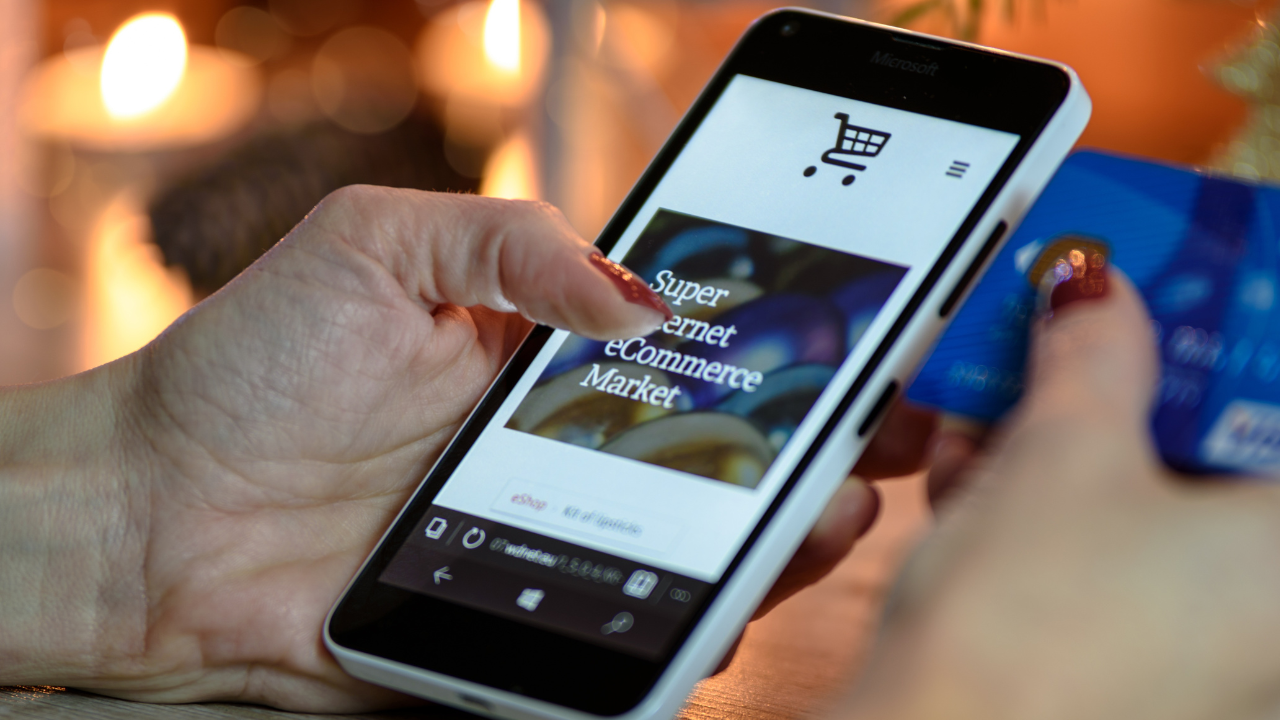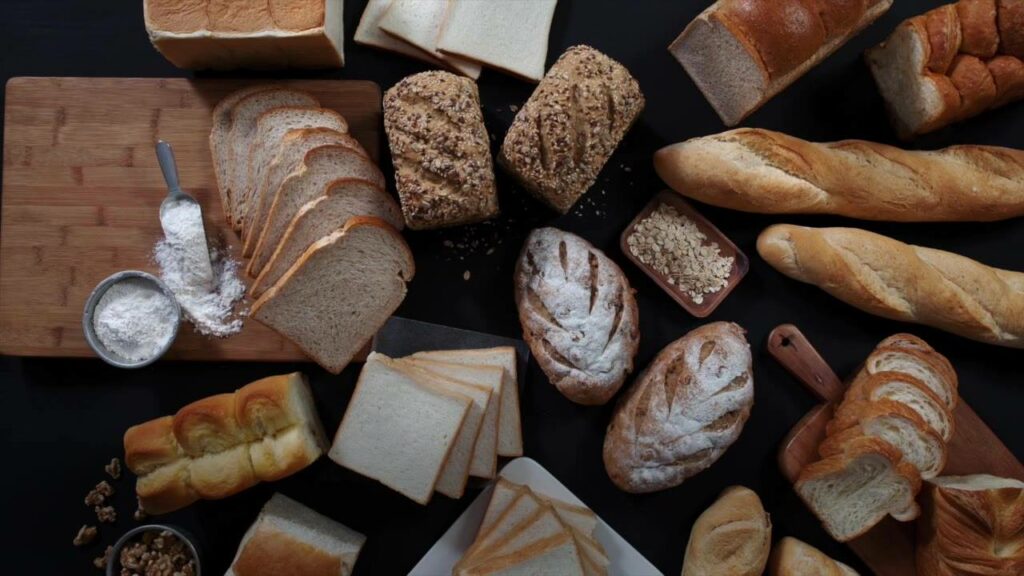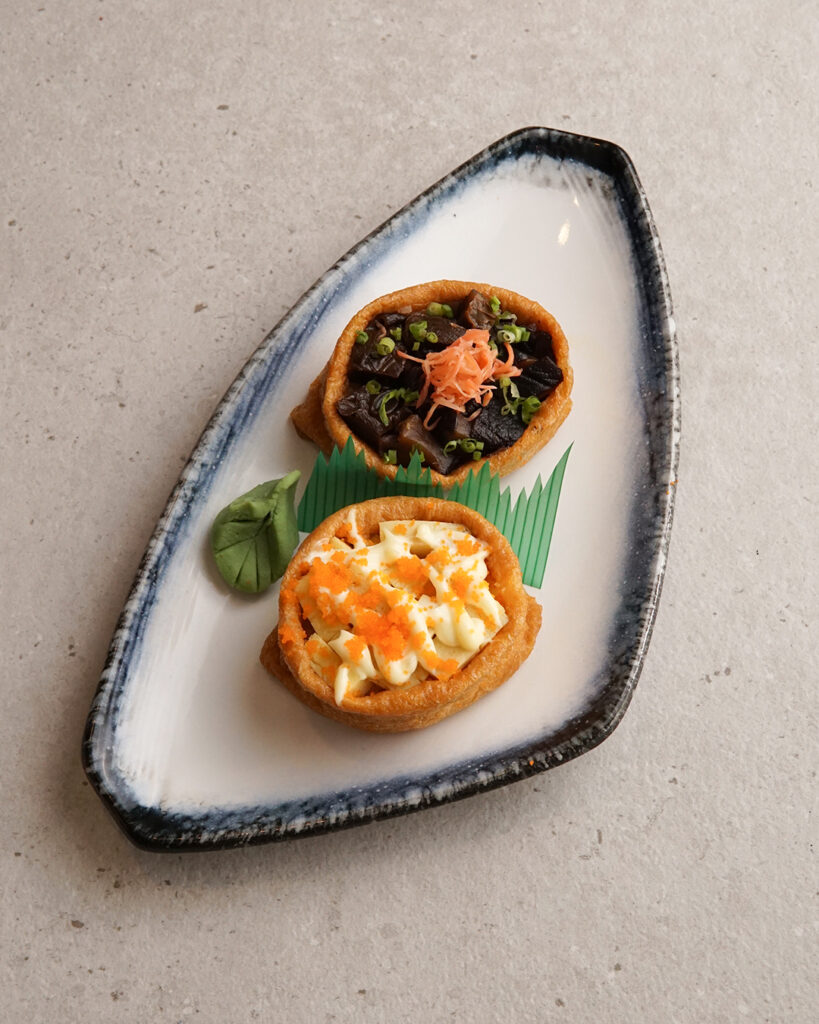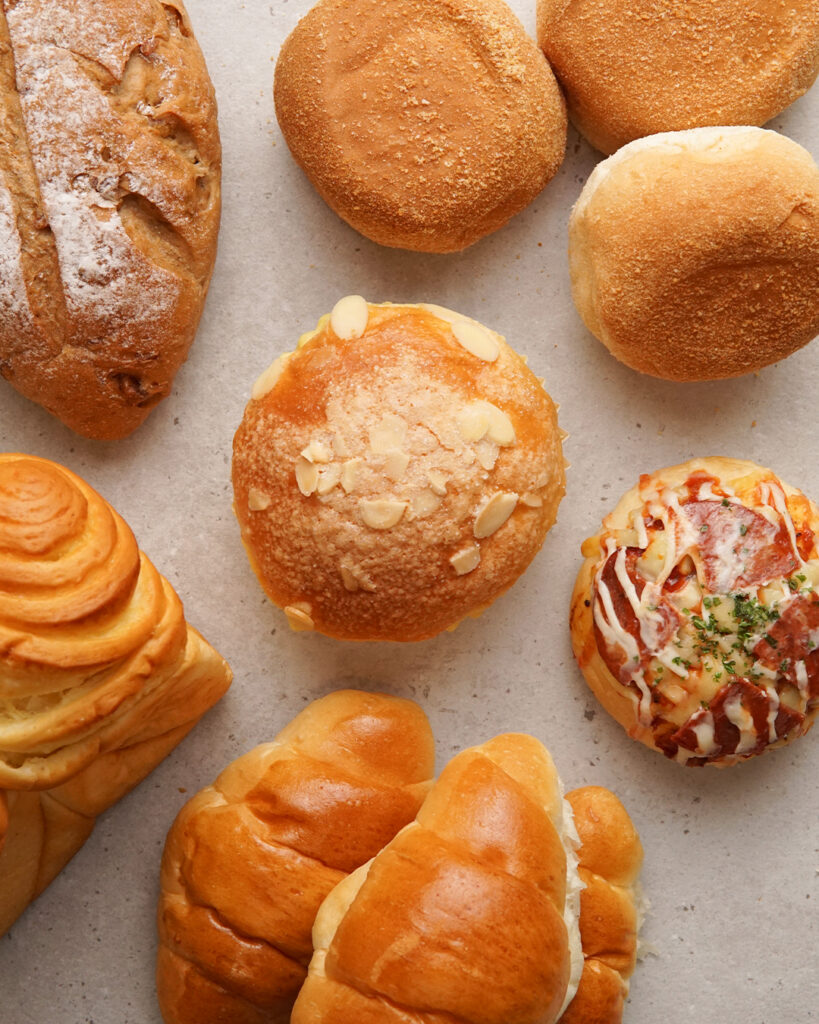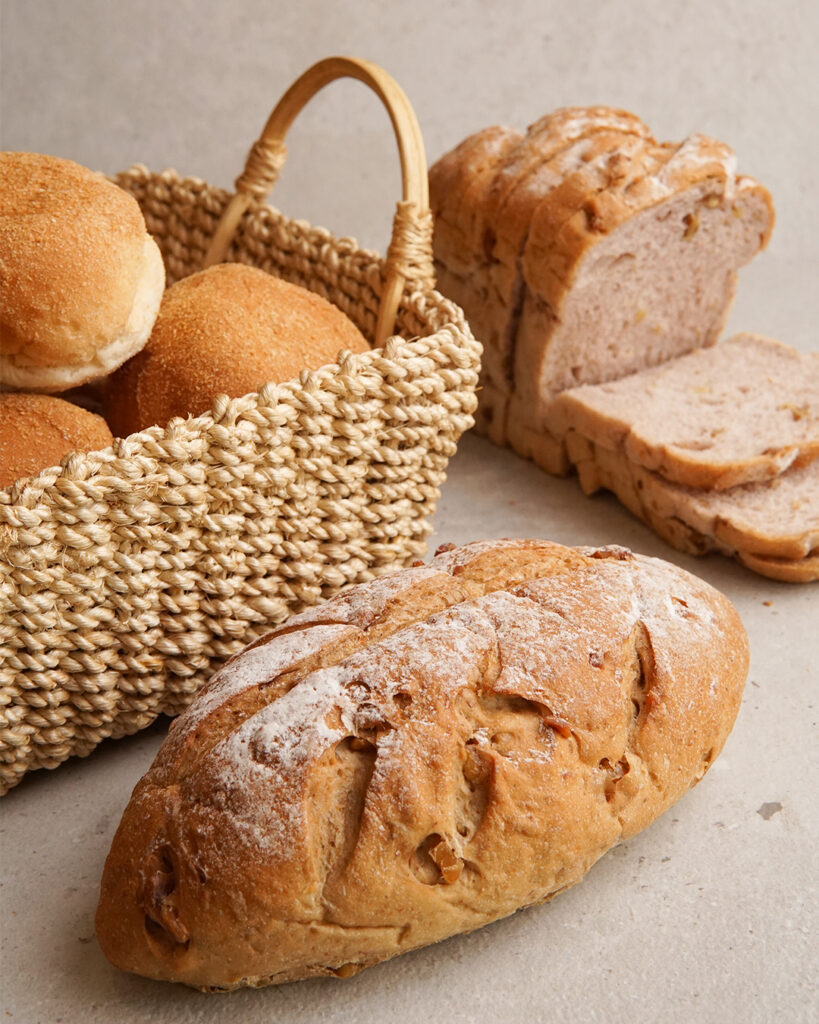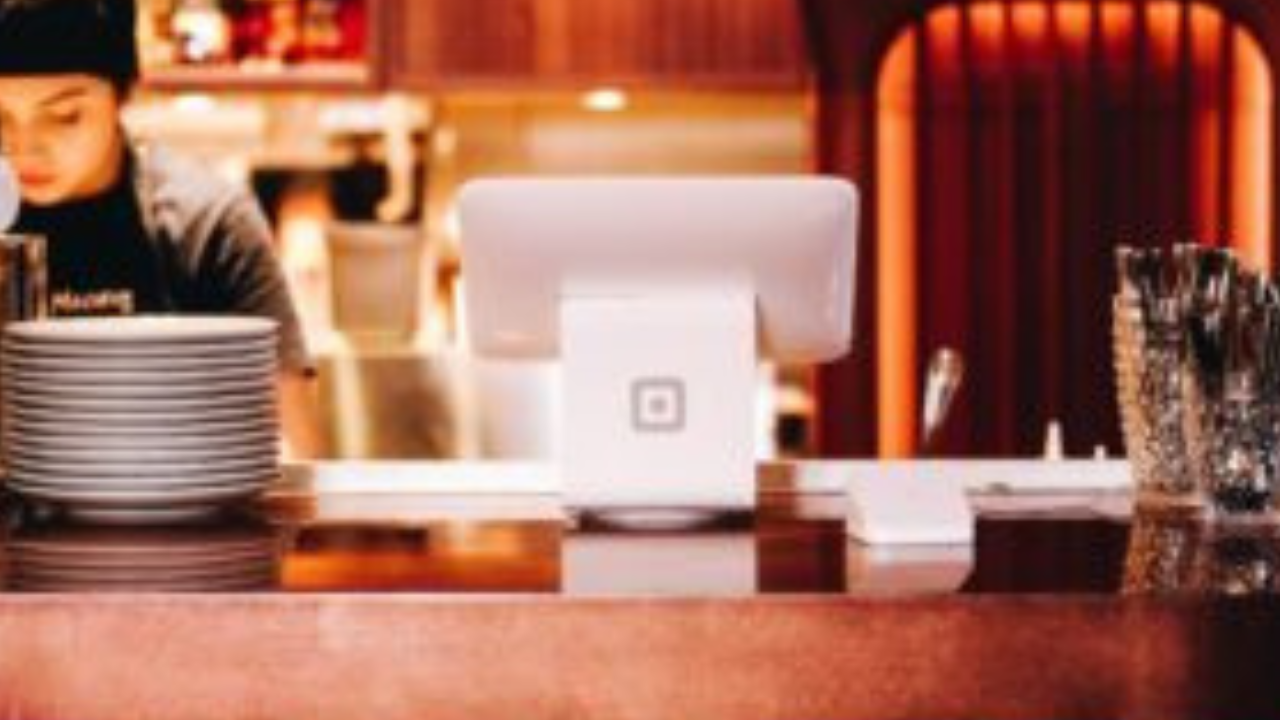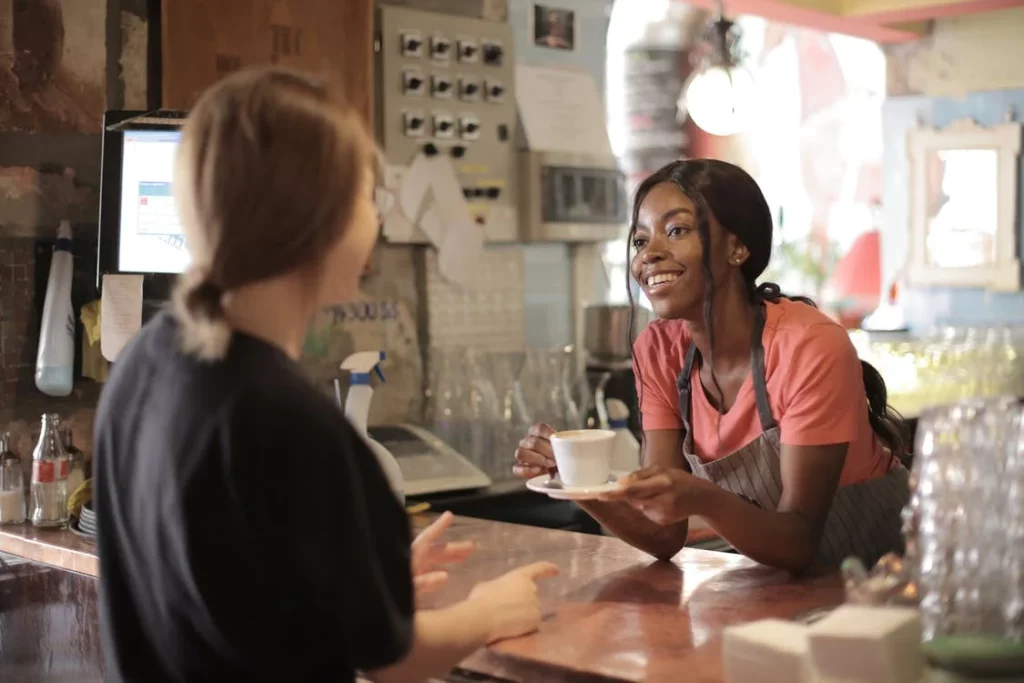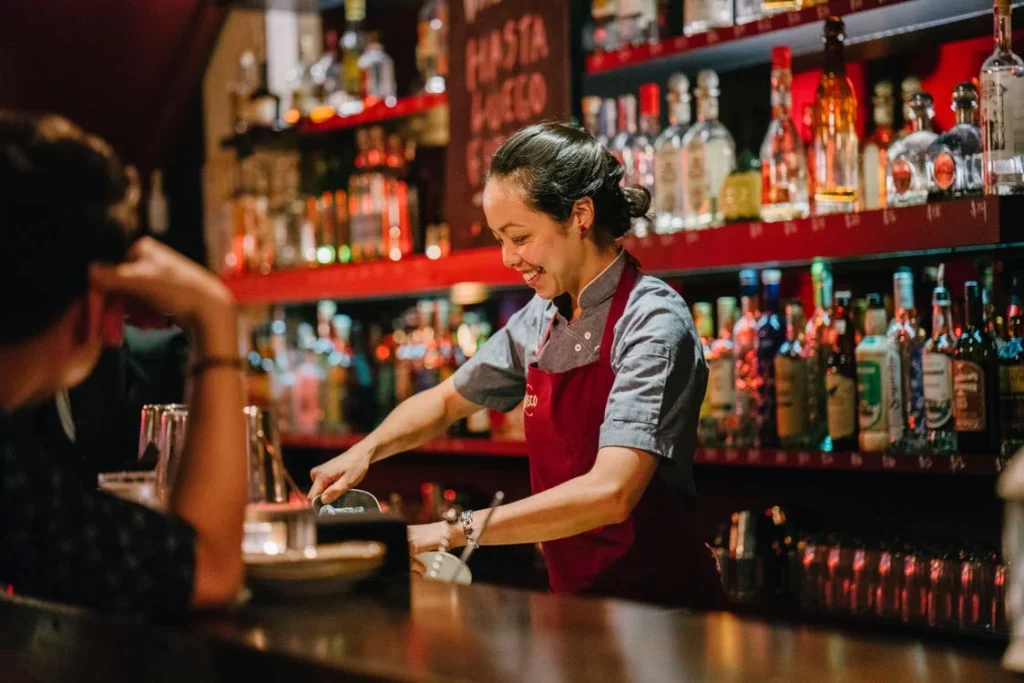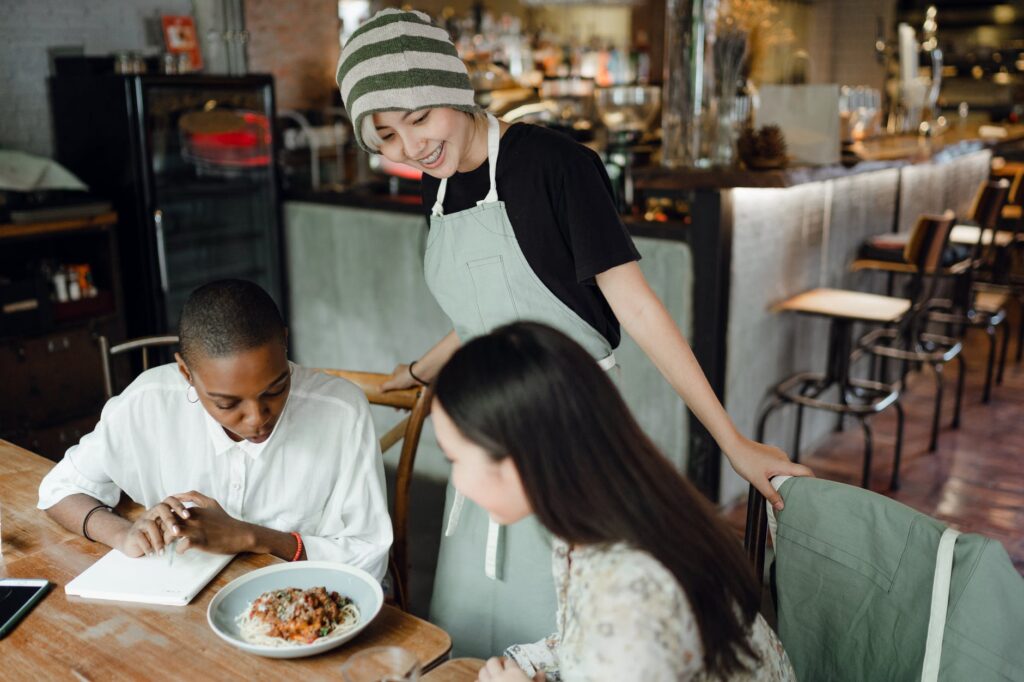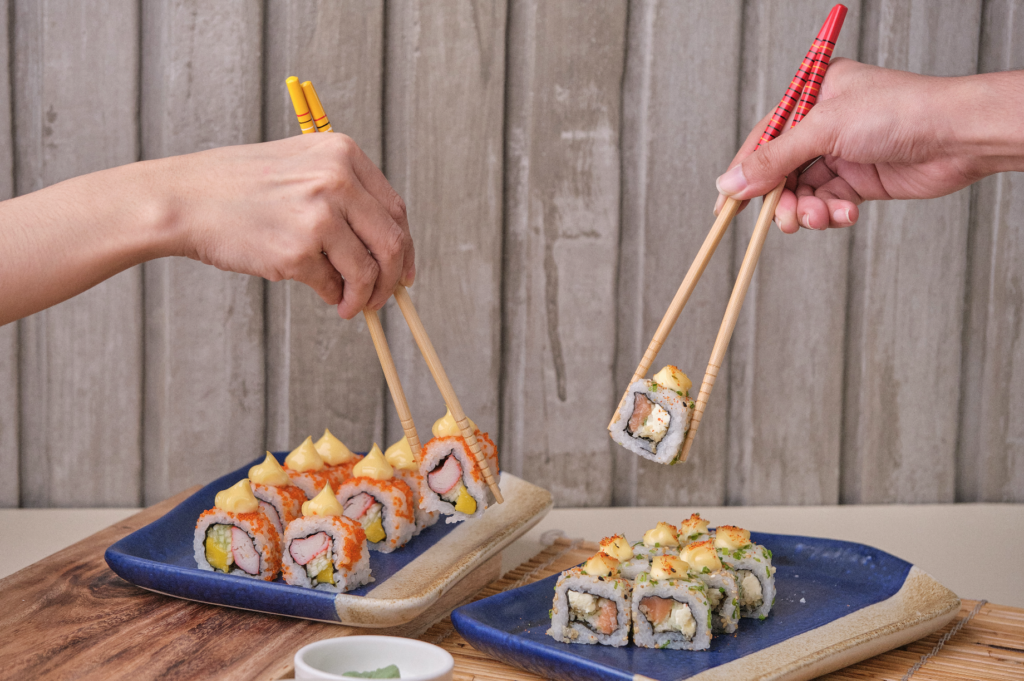Innovative Marketing Strategy This Holiday Season
It seems as if the whole economy has undergone transformation ever since the pandemic, prompting fresh approaches for their businesses. As the holiday season is fast approaching, everyone strives to make the best out of this season, but how?
Read on for a step-by-step approach in creating the perfect holiday marketing strategy for your business!
Brainstorm Ideas and Concepts:
While some shoppers procrastinate until the last minute, others get their holiday presents months way ahead of time. Get their attention by notifying them with holiday ads and special promos starting a few months in advance. Using this approach, you can encourage your early customers to buy your products/ services. Developing a marketing strategy is essential for a business to succeed. A meaningful brainstorming session is an excellent place to start.
Be Creative:
In order to prepare for the biggest shopping season of the year, businesses must implement their marketing strategies. You should try to come up with a fresh concept that will attract and retain customers during the entire holiday season. Here are some innovative marketing strategies to help you.
- Personalized Campaigns
Using personalized communication in your marketing efforts, including emails, SMS, website, social ads, and landing pages can help attract customers this holiday season. ZAP Fetch is an example of an effective marketing tool that helps businesses target your customers, create offers that are based on customer data, and has an analysis of your monthly progress. This helps create a genuine foundation for customer relationships that will help the company in the long run, leading your customers back to your website to shop.
- Customer-Centered Content
A unique angle for your Christmas marketing campaign could be to center it around your customers and make it as your advertising material. You can shift your attention to the experiences of your customers- be it inspiring or even funny! This way, customers will appreciate the fact that you valued their stories and feedback.
Food and Ecommerce Industry with ZAP:
An ideal marketing strategy is useless without a solid plan to put it into action. ZAP provides a fully branded program, powering everything behind the scenes. We provide restaurant owners with the opportunity of setting up your own e-store, making loyalty membership more exciting, upgrading your marketing arsenal through automated non-visit reminders, reaching out to your customer base through SMS/ Emails, On-Field Management, and so much more!
For more information visit this link!
